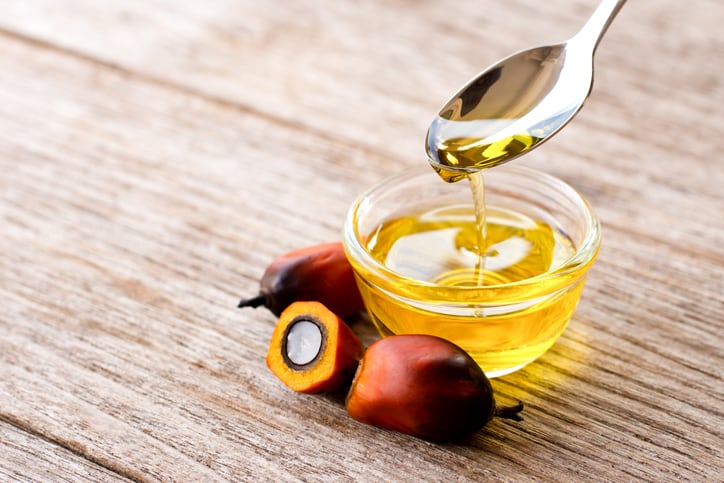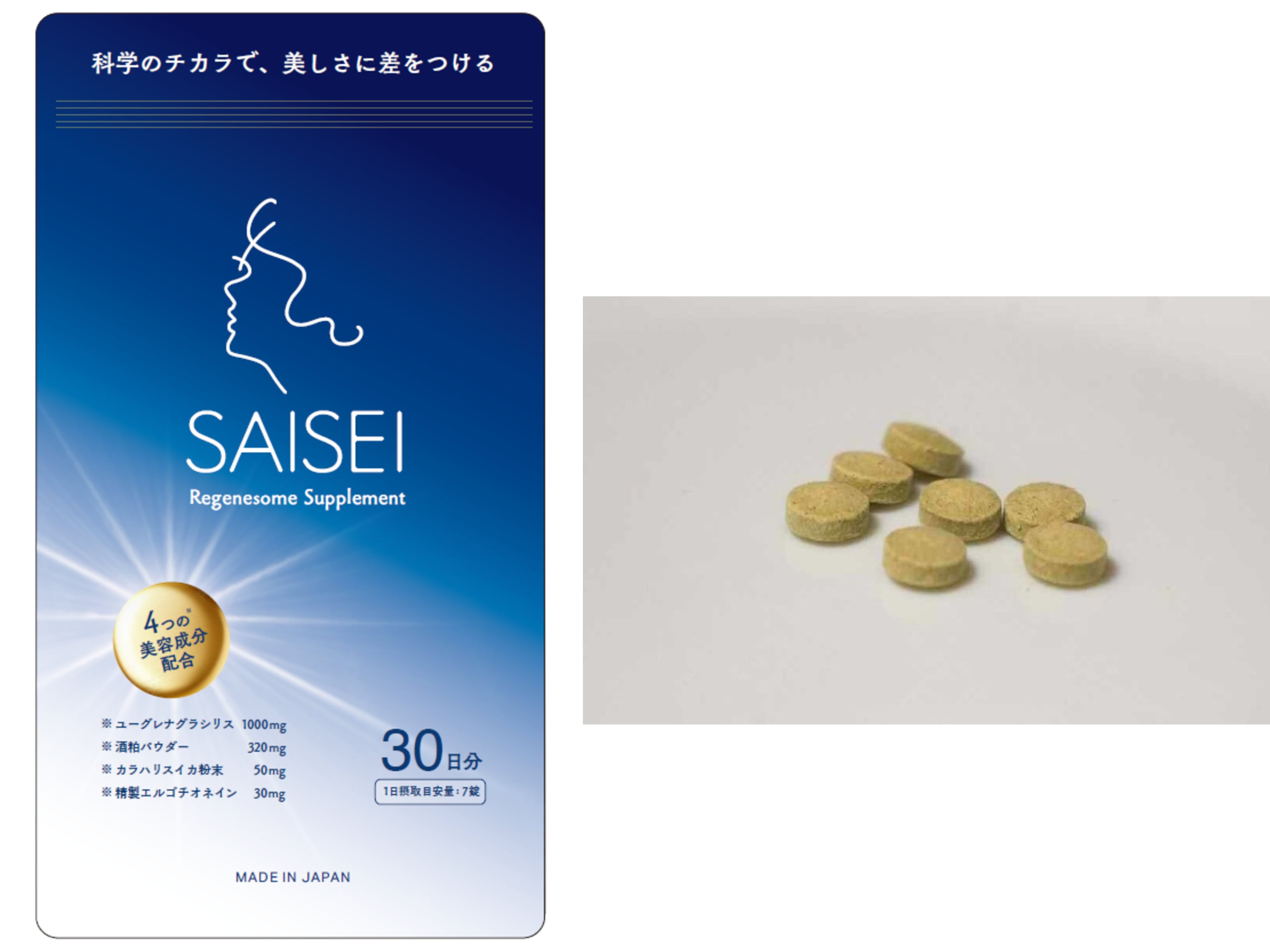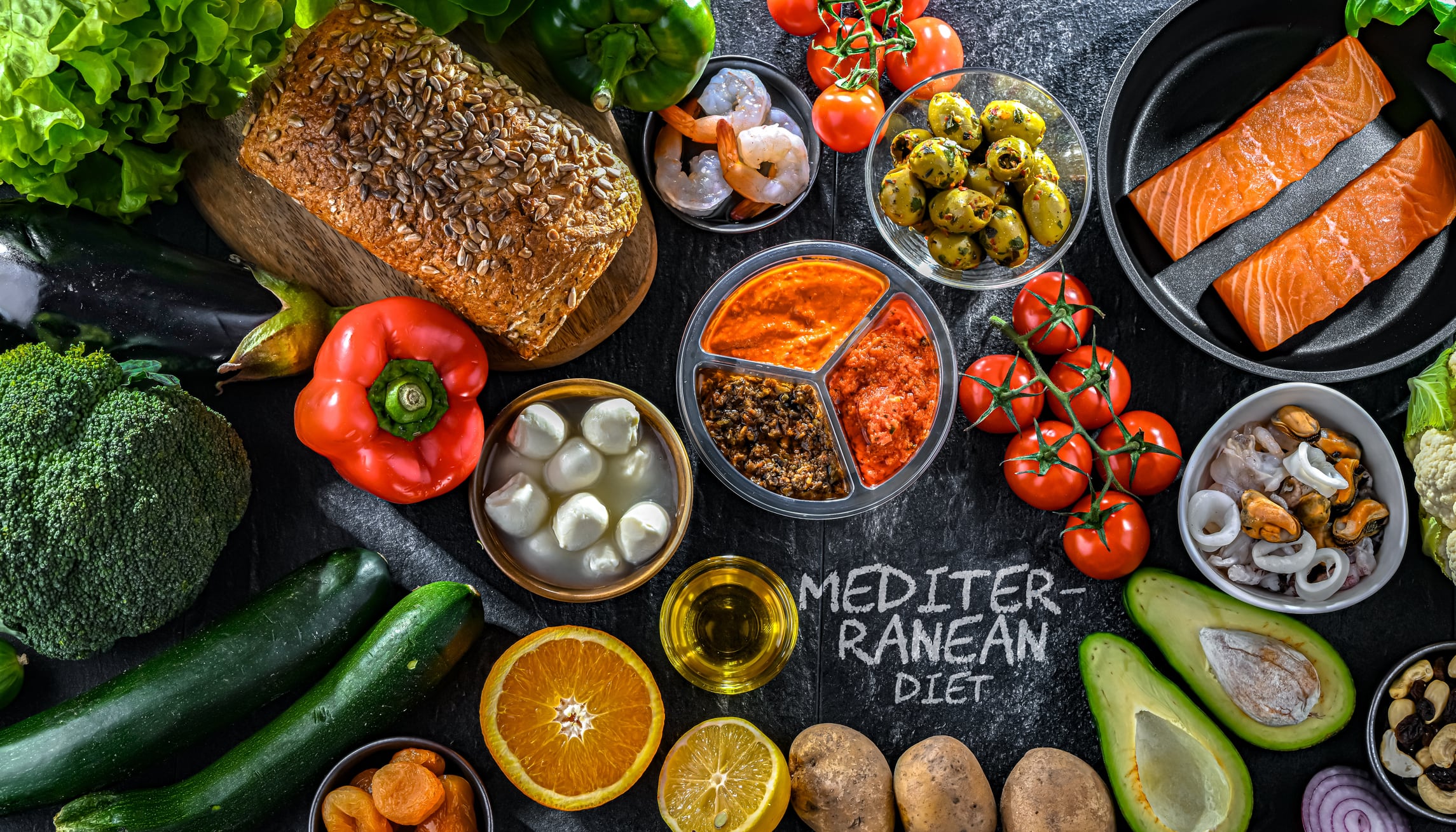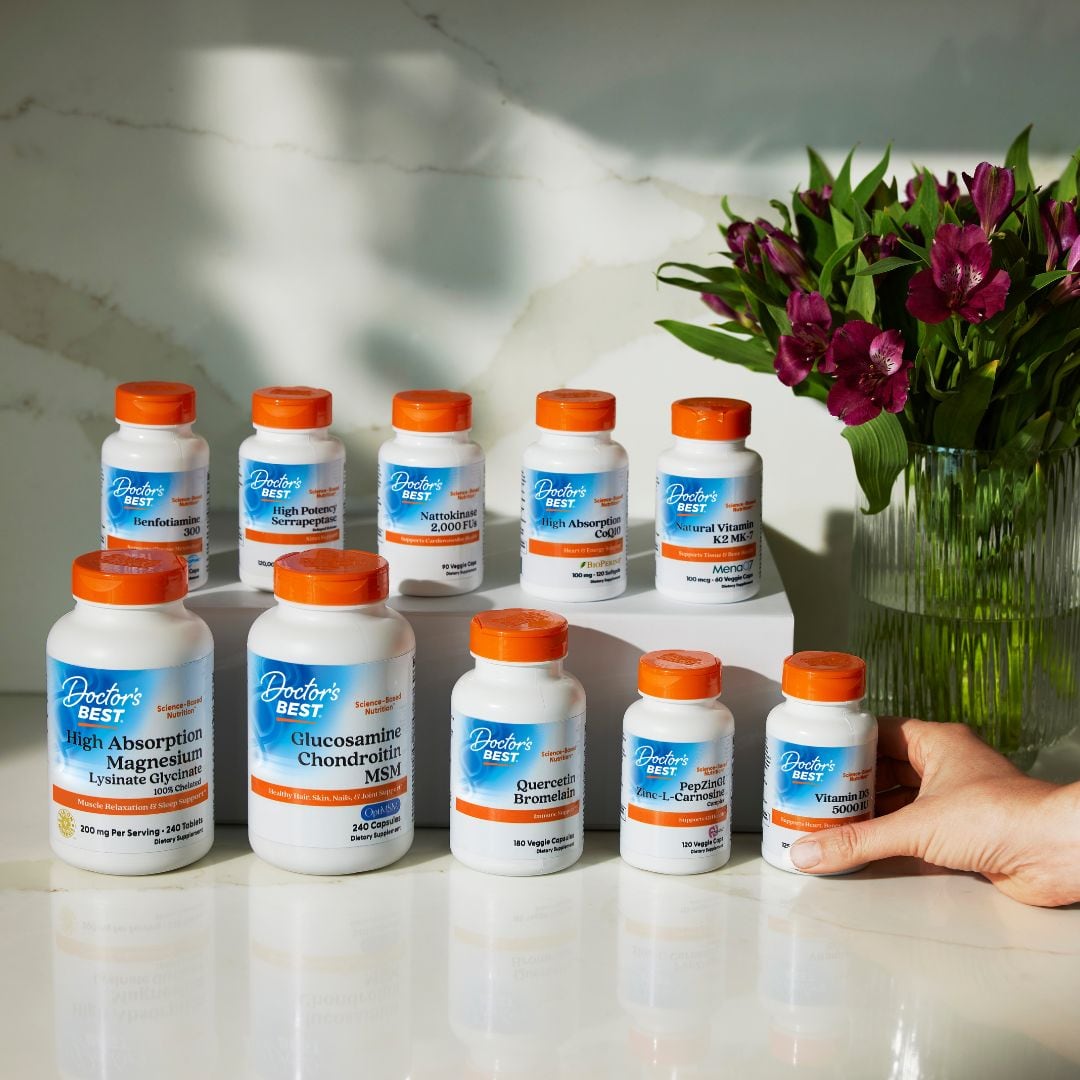The study also reported a significant increase in telomerase activity among seniors taking palm oil tocotrienol-enriched beverage.
This is noteworthy because the ribonucleoprotein enzyme plays a role in maintaining telomere length and genomic stability. Shortened telomeres have been associated with oxidative stress, chronic inflammation, and elevated risk of age-related diseases.
Conducted by Universiti Kebangsaan Malaysia’s Centre for Healthy Ageing and Wellness and the Malaysian Palm Oil Board, findings of the clinical trial were published in Nutrients.
A total of 67 seniors with a mean age of 60.45 ± 5.75 years old took part in this double-blinded, two-arm, parallel randomized controlled trial funded by the Malaysian Palm Oil Board.
The participants were in general good health, with no diagnosis of chronic inflammatory related conditions.
They were randomized to take either a beverage containing 200mg of mixed tocotrienols derived from palm oil or placebo daily for six months.
The mixed tocotrienols supplemented were predominantly alpha-, gamma- and delta-isomers, which are known for their superior antioxidant and anti-inflammatory properties.
Commercially available as TocoGaia, the mixed tocotrienols used in the study was supplied by Malaysia-based functional ingredient supplier PhytoGaia.
To assess the effects of tocotrienols supplementation, the participants’ blood samples were collected to measure changes in their inflammatory biomarkers.
They also took the WHOQOL-BREF questionnaire which measures their psychological wellbeing and quality of life.
Reduction in inflammatory and oxidative stress markers
Findings showed significant reduction in the inflammatory marker TNF-α in the intervention group as compared to the placebo group overtime, with a p-value of 0.04 for group-by-time interaction.
In this case, blood serum TNF-α in the intervention group went down from the baseline of 111.35 pg/mL to 106.25 pg/mL at midpoint and dropped to 103.45 pg/mL by the end of the study.
The placebo group, on the other hand, also reported a decrease in serum TNF-α, down from 107.12 pg/mL at baseline to 105.45 pg/mL at midpoint, and 101.35 pg/mL by the end of the study.
A downward trend was seen in other inflammatory biomarkers such as IL-6, IL-8, IL-10, and TGF-beta for the intervention group, but the decrease over time was not statistically significant.
On the other hand, the intervention group also saw a significant decrease in oxidative stress markers, especially that of total superoxide dismutase (T-SOD) and catalase as compared to the placebo group overtime.
A reduction in these markers is of interest as elevated amount of these markers may signal an increased oxidative stress and the presence of chronic illnesses.
In the case of T-SOD, the intervention group saw a decline from 108.65 U/mL at baseline to 93.56 U/mL by the end of the study.
That of the placebo group also went down from 101.45 U/mL at baseline to 90.12 U/mL by the end of the study.
Telomerase activity
Another key outcome was the significant increase in telomerase activity in the intervention group, said the researchers.
Telomerase plays a role in maintaining telomere length - which shortens with ageing.
During the six-month clinical trial, the amount of serum telomerase decreased in both groups.
However, the decrease was significantly slower in the intervention group than the placebo group, which researchers said would suggest genomic stability and a potential slowing down of cellular aging.
Serum telomerase in the intervention group was down from 15.89 ng/mL at baseline to 13.25 ng/mL by the end of the study.
That of the placebo group also decreased from 15.36 ng/mL to 12.87 ng/mL.
Alongside the reduction in inflammatory and oxidative stress markers in the intervention group was the improvement in the quality of life.
“This is one of the most comprehensive human trials to date showing that tocotrienols (TocoGaia) can positively modulate several key hallmarks of aging, from reducing inflammation and oxidative stress to enhancing genomic protection,” said Dr Ariati Aris, Scientific Affairs Specialist at PhytoGaia.
“This study comes at a pivotal time when brands and consumers alike are demanding natural, effective, and above all – safe solutions for healthy aging,” added Bryan See, Vice President of PhytoGaia, on the clinical results.
Source: Nutrients, 2025, 17(13), 2179, doi: 10.3390/nu17132179: “Tocotrienol-Enriched Beverage Enhances Psychological Well-Being, Antioxidant Defense, and Genomic Stability in Older Adults: A Randomized Controlled Trial”, Authors: R. Sharif, et al.





